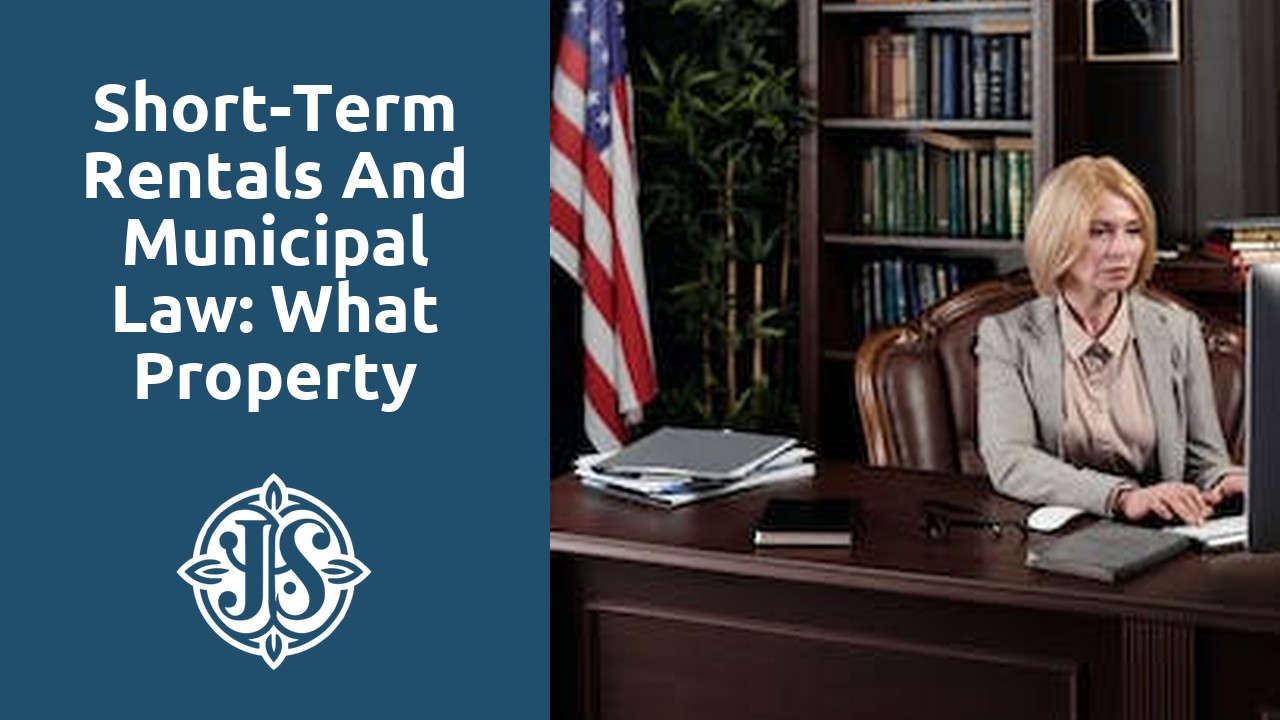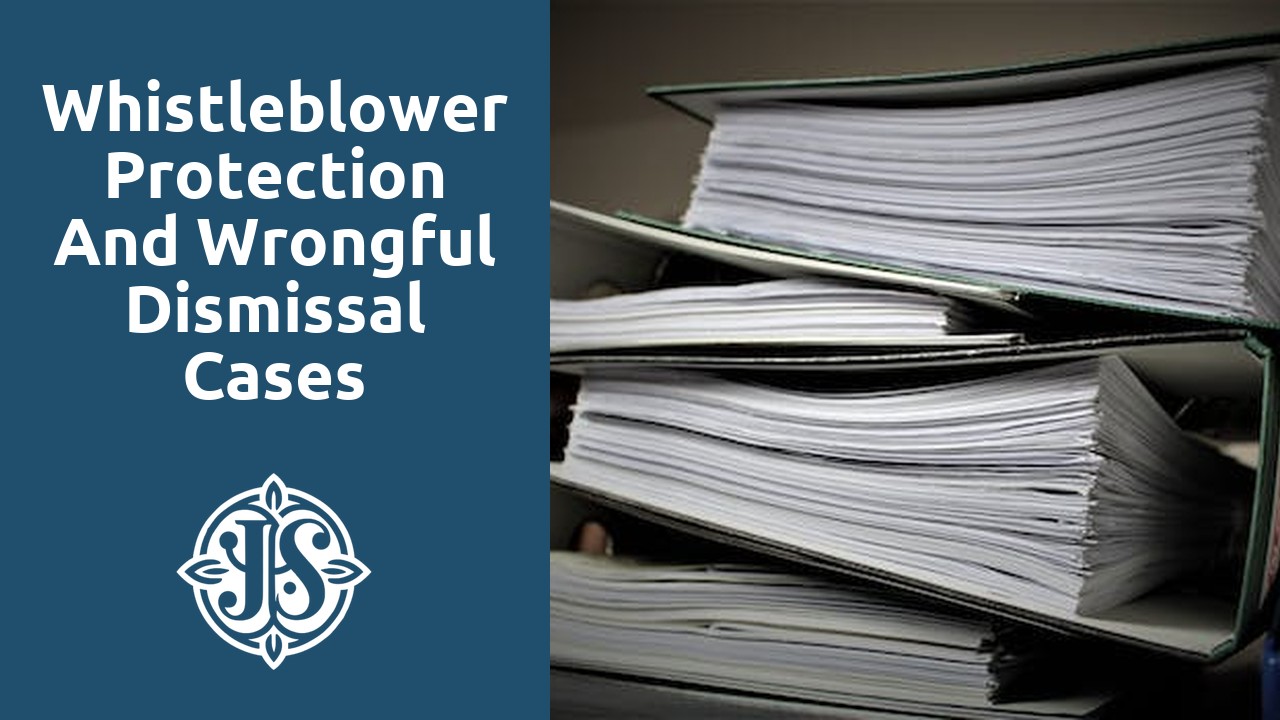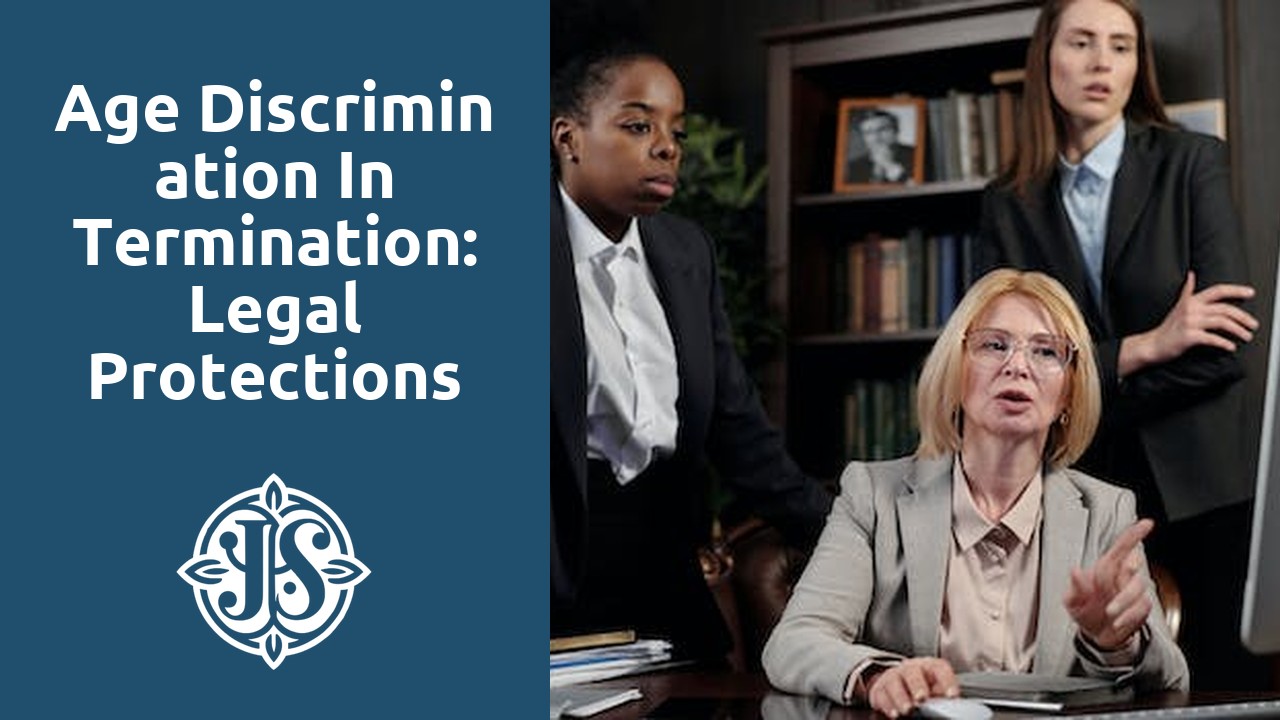Contents
- 1 Navigating Local Regulations: A Guide for Property Owners
- 2 Understanding the Legal Landscape of Rental Properties
- 3 Complying with Municipal Laws: Key Considerations for Property Owners
- 4 Ensuring Legal Compliance in the Rental Market
- 5 The Impact of Local Regulations on Property Owners
- 6 Unraveling the Complexities of ShortTerm Rental Laws
Table Of Contents
When it comes to navigating local regulations, property owners should be well-prepared and informed. Understanding the ins and outs of municipal laws is paramount in ensuring a successful and compliant short-term rental business. First and foremost, it is essential to thoroughly research and familiarize oneself with the specific regulations in the area where the property is located. Each municipality may have its own set of rules and requirements that must be followed, ranging from obtaining the necessary permits to adhering to occupancy limits, noise restrictions, and safety regulations.
In addition to conducting thorough research, building positive relationships and open lines of communication with local authorities can also be beneficial for property owners. Establishing a good rapport with code enforcement officers, city officials, or neighborhood associations can provide valuable insights into any upcoming changes in regulations or potential challenges that may need to be addressed. It is important to approach these interactions with a cooperative and proactive attitude, seeking to find mutually beneficial solutions that prioritize the interests of both property owners and the community as a whole.
Understanding the Legal Landscape of Rental Properties
Understanding the Legal Landscape of Rental Properties
As a property owner looking to venture into the short-term rental market, it is crucial to have a solid understanding of the legal landscape that governs rental properties. Municipal laws and regulations can vary significantly from one jurisdiction to another, making it essential to familiarize yourself with the specific rules and requirements in your local area.
First and foremost, you need to determine whether short-term rentals are permitted in your municipality. Some cities have embraced the sharing economy and have minimal restrictions on renting out properties for short periods. However, others have implemented stringent regulations or outright bans on this type of rental activity. It is crucial to consult your local zoning laws and any specific regulations that apply to short-term rentals to ensure compliance. Failure to do so can result in penalties, fines, or even legal action being taken against you.
Complying with Municipal Laws: Key Considerations for Property Owners
Once property owners decide to rent out their properties on a short-term basis, it’s crucial that they understand and comply with the municipal laws and regulations that govern such rentals. Failure to do so can result in hefty fines and legal repercussions, and may even lead to the suspension or revocation of their property rental licenses. Property owners must ensure that they have a thorough understanding of the local laws that apply to short-term rentals in their area, including any specific restrictions or requirements that may be in place. This may include obtaining the necessary permits or licenses, adhering to occupancy restrictions, or complying with safety and health standards.
Moreover, property owners should also familiarize themselves with any zoning regulations that may affect their ability to rent out their property on a short-term basis. Some municipalities have specific regulations in place that restrict short-term rentals to certain areas or only allow them in certain types of properties. Property owners must fully understand these zoning restrictions and ensure that their property is in compliance before accepting any short-term rental bookings. Additionally, property owners should be aware of any local noise ordinances or parking regulations that may apply to their rental property and take necessary steps to ensure that their guests adhere to these rules. By proactively educating themselves and staying up-to-date with the latest municipal laws and regulations, property owners can minimize the risk of legal issues and ensure a smooth operation of their short-term rental business.
Ensuring Legal Compliance in the Rental Market
Ensuring legal compliance in the rental market is crucial for property owners who want to avoid potential fines, penalties, and legal issues. Adhering to municipal laws and regulations is essential to maintain a smooth and successful rental operation.
First and foremost, property owners should familiarize themselves with local zoning laws and restrictions. Different municipalities may have varying rules regarding short-term rentals, such as the maximum number of days a property can be rented out or the necessity of acquiring a permit. By understanding these regulations, property owners can make informed decisions and set their rental policies accordingly. Additionally, it is important to stay up-to-date with any changes in these laws as they can evolve over time. Keeping a close eye on local ordinances and attending community meetings can help property owners to proactively adapt their practices and remain compliant.
The Impact of Local Regulations on Property Owners
The impact of local regulations on property owners cannot be overstated. For those considering short-term rentals, it is crucial to thoroughly understand and comply with the municipal laws in their area. Failure to do so can result in fines, penalties, and even the closure of rental operations. Property owners must be aware of zoning regulations, building codes, permit requirements, and other legal obligations. The specific regulations can vary widely from one municipality to another, making it vitally important for property owners to stay informed and up to date on any changes or updates to the law. Ignorance of the local regulations is not a valid defense and can have serious consequences for property owners who choose to overlook or ignore them.
In addition to potential legal repercussions, local regulations can also impact the profitability and sustainability of short-term rental businesses. Restrictions on the number of guests, noise levels, parking availability, and other factors can significantly impact the attractiveness and desirability of a rental property. Property owners must carefully consider these factors and the potential impact on their rental business before diving into the short-term rental market. Adapting to and complying with these regulations can be essential in maintaining positive relationships with neighbors, community members, and local authorities. This is particularly crucial for property owners who are looking to establish a long-term, successful rental business within their community.
Unraveling the Complexities of ShortTerm Rental Laws
Unraveling the Complexities of Short-Term Rental Laws
Navigating the world of short-term rentals can be a complex and daunting task for property owners. The legal landscape surrounding these rentals is often fraught with ambiguities and can vary significantly from one municipality to another. It is crucial for property owners to have a thorough understanding of the laws and regulations governing short-term rentals in their respective jurisdictions to avoid potential legal and financial pitfalls.
One key aspect to consider is the definition of a short-term rental, as it can vary from place to place. Some jurisdictions may classify any rental period shorter than 30 days as a short-term rental, while others may have different criteria. Property owners must research and familiarize themselves with the specific regulations in their area to ensure they are in compliance with local laws. Additionally, some municipalities may require property owners to obtain permits or licenses to operate a short-term rental. Understanding and adhering to these requirements is essential to avoid legal troubles or the risk of hefty fines.
Related Links
Impact of Canadian Privacy Laws on Real Estate Transactions
The Evolving Landscape of Green Building Regulations in Canada




